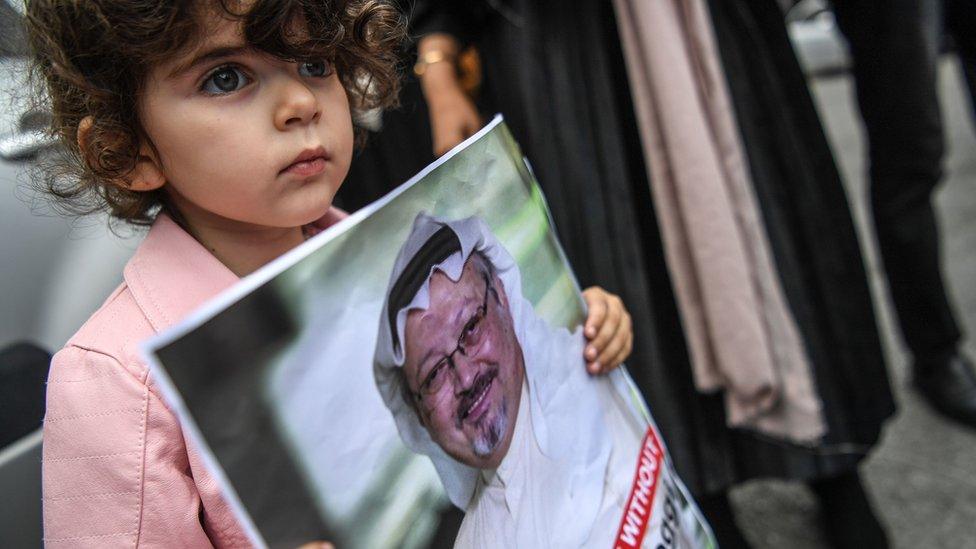Saudi Arabia 'tortured female activists', charities say
- Published
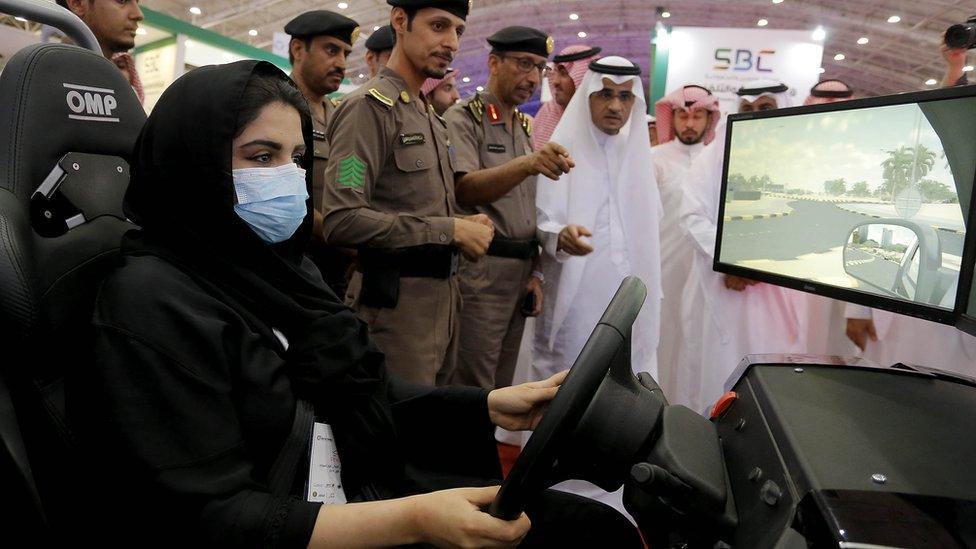
Several activists were arrested in May as Saudi Arabia prepared to give women the right to drive
Saudi Arabia tortured and sexually harassed human rights activists, including several women, human rights groups have alleged.
Prisoners in the kingdom's Dhahban Prison have allegedly been electrocuted and flogged.
Saudi Arabia arrested several women's rights activists earlier this year and influential clerics and intellectuals have also been detained.
The BBC has approached the Saudi authorities for comment.
However, a Saudi official told the Wall Street Journal the kingdom "does not condone, promote, or allow the use of torture".
Both Amnesty International and Human Rights Watch issued statements on Tuesday detailing alleged torture of detained prisoners.
Activists were left unable to walk or stand properly after electrocution and flogging, external, an Amnesty International release said, with one woman reportedly sexually harassed by interrogators in face masks.
Human Rights Watch's release also speaks of electrocution, external, as well as whipping and "forcible hugging and kissing" of at least three detained women.
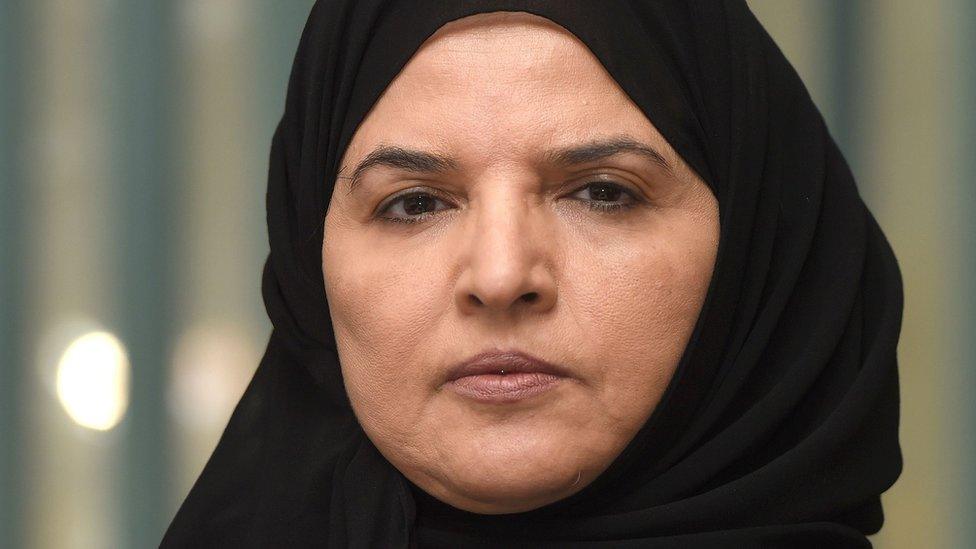
Aziza al-Yousef is reportedly one of the women's rights activists being held
King Salman bin Abdulaziz Al Saud and his son, Crown Prince Mohammed bin Salman, were praised last year for launching a modernisation drive, including the lifting of a ban on women driving.
But critics say that has been accompanied with a crackdown on dissent, and the country is also facing an international outcry over the murder of Saudi journalist Jamal Khashoggi in Istanbul.
Saudi Arabia has blamed the killing on rogue agents but denied claims that the crown prince had knowledge of the operation.
However, the CIA reportedly believes Mohammed bin Salman ordered the murder.
On Tuesday, US President Donald Trump issued a statement defending ties with Saudi Arabia, despite saying the Crown Prince "could very well" have known about the assassination.
- Published20 May 2018
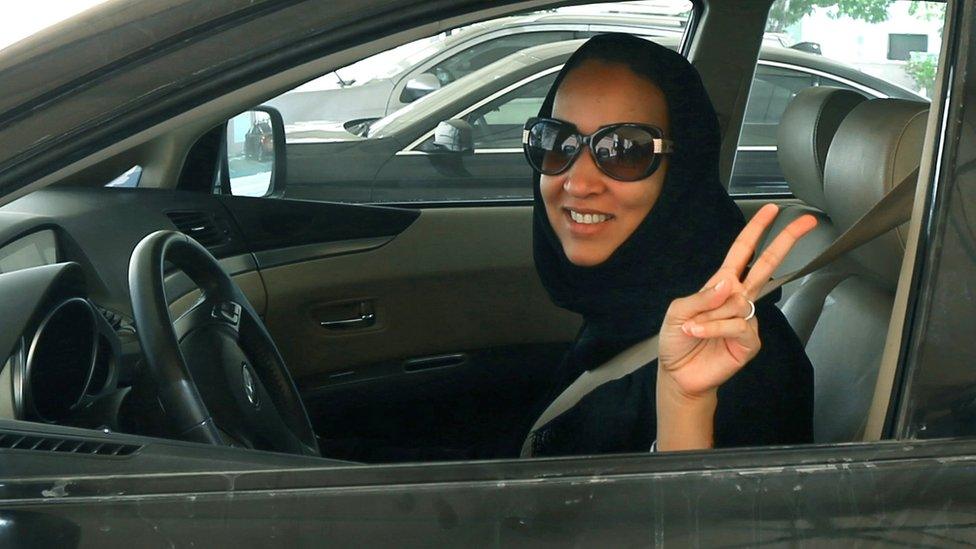
- Published6 June 2017
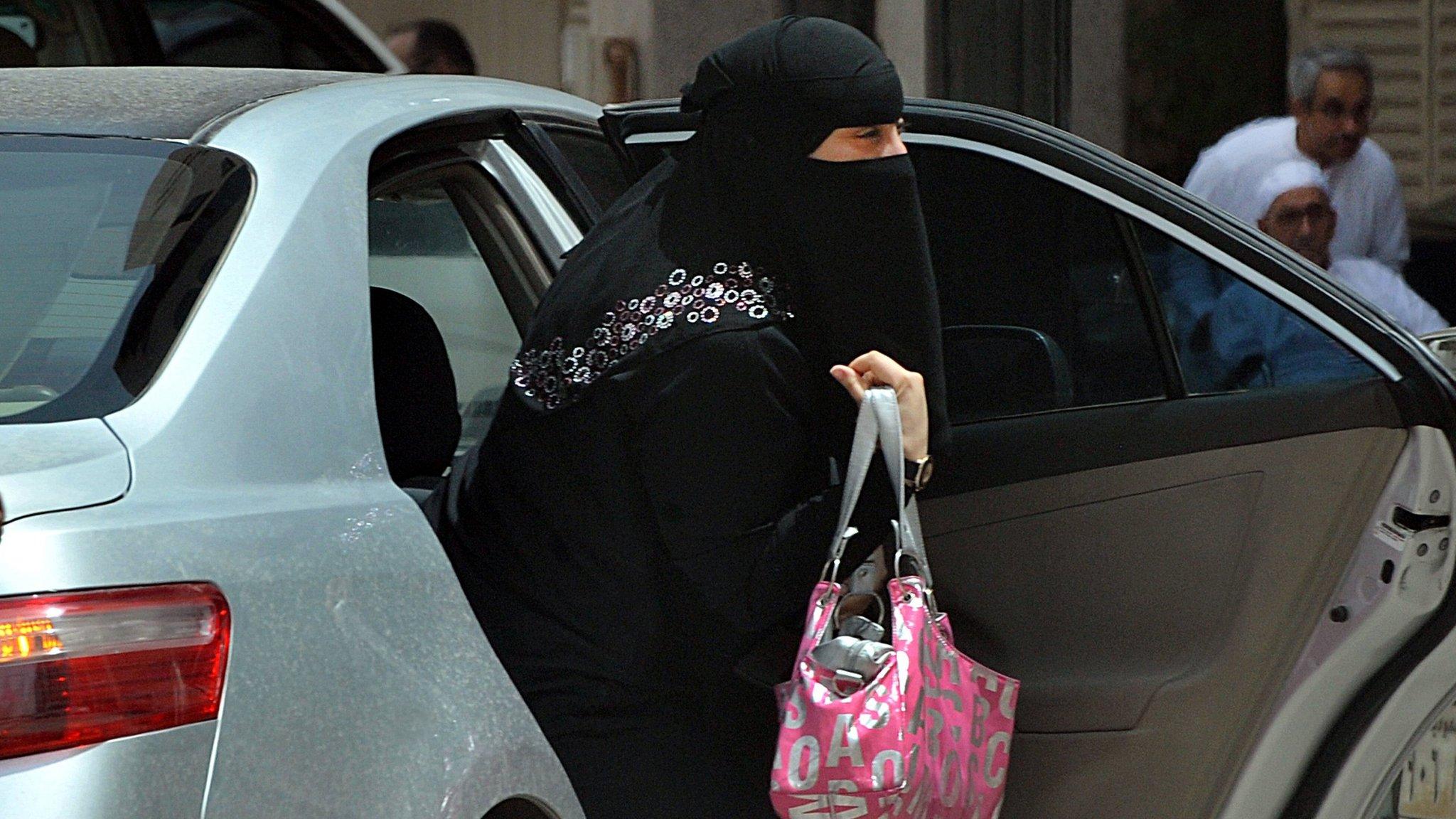
- Published27 September 2017
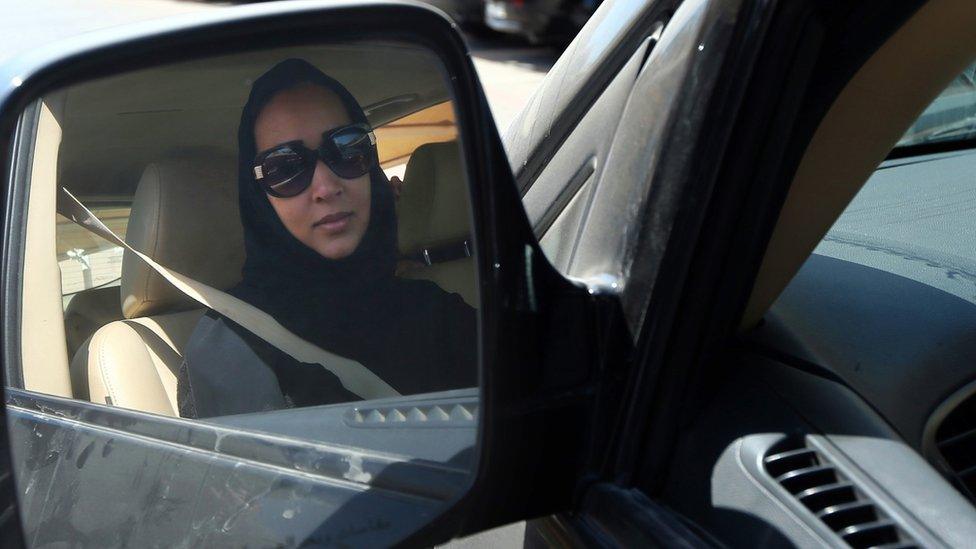
- Published20 November 2018
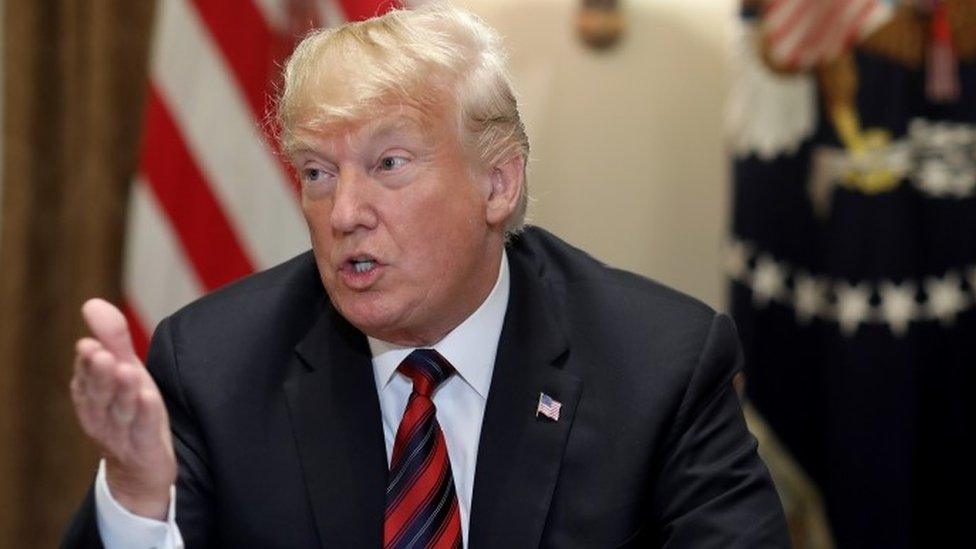
- Published24 February 2021
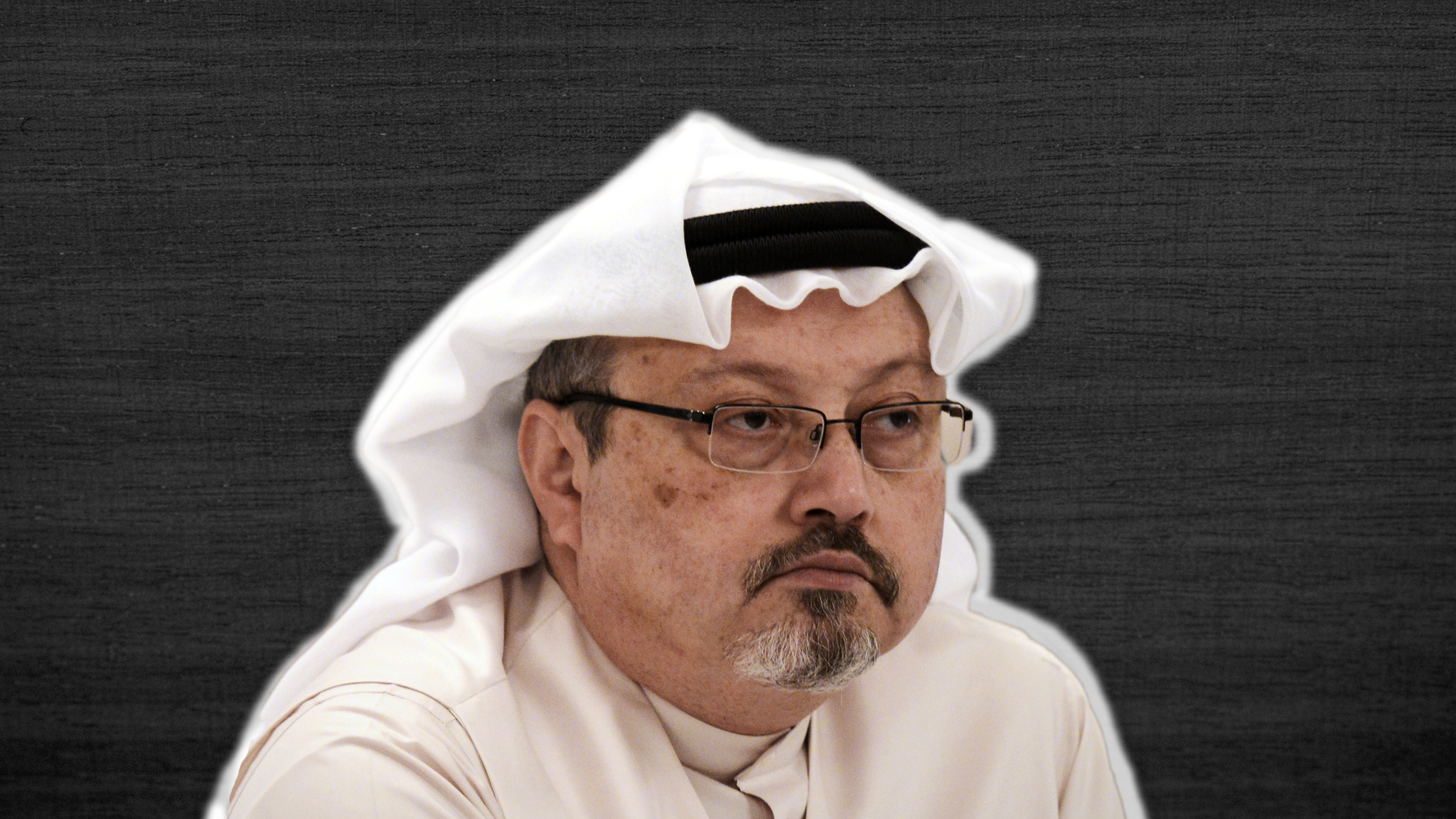
- Published22 October 2018
